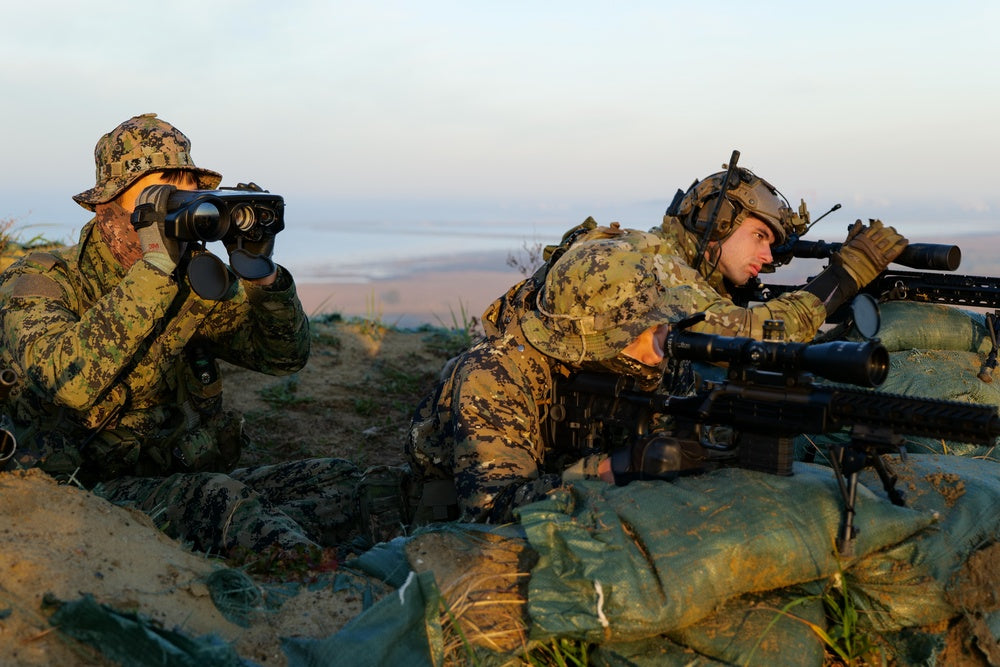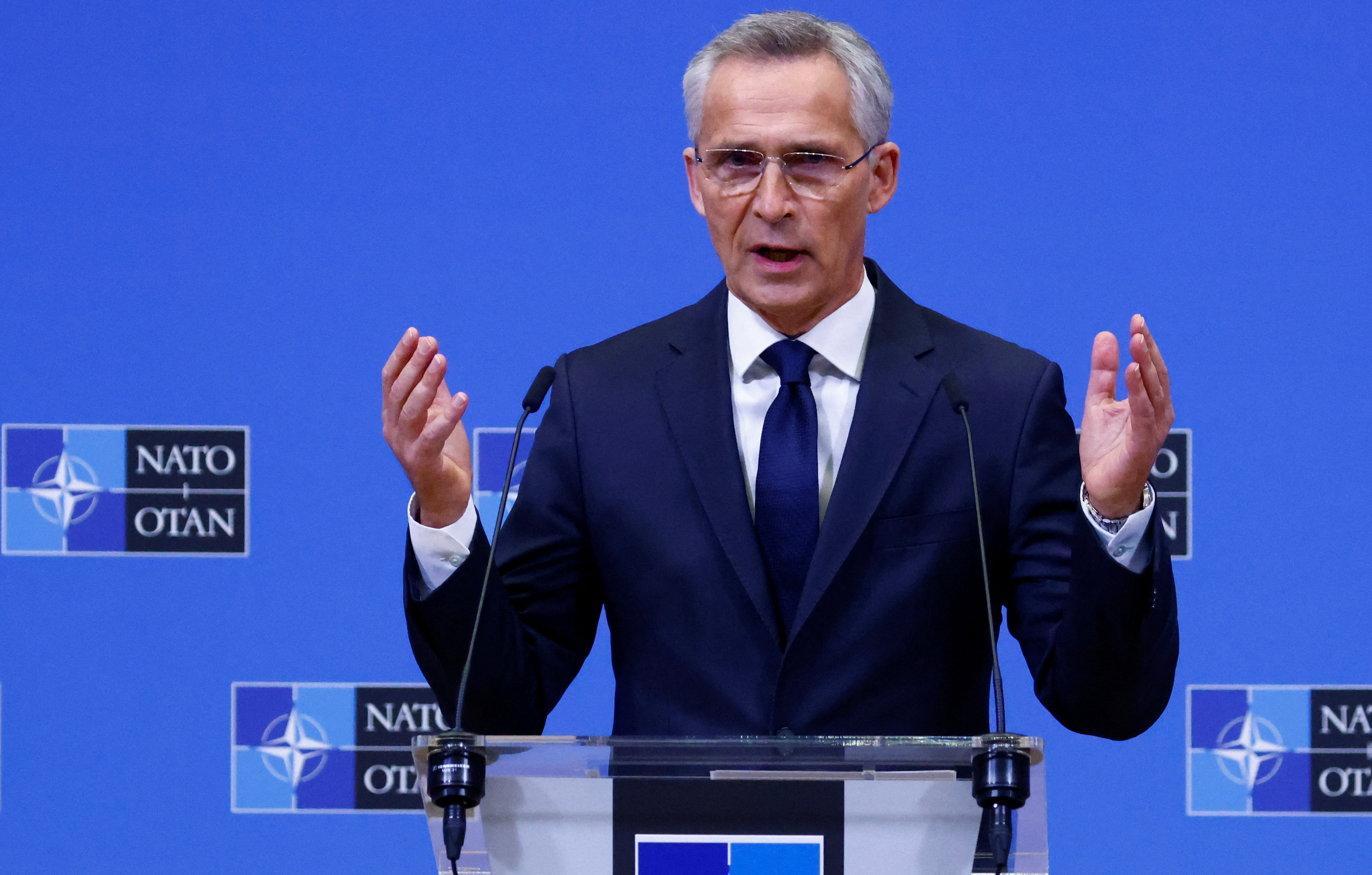
US, SKorea, Japan to launch defense initiatives at Camp David summit, officials say
PHOTO CAPTION: Special Operations Command Korea and Republic of Korea (ROK) Special Warfare Command service members participate in joint training event at Kunsan Air Force Base, South Korea, Nov. 12, 2019. (U.S. Air Force photo by Capt. David J. Murphy)
By Trevor Hunnicutt, David Brunnstrom and Steve Holland
WASHINGTON (Reuters) - The United States, Japan and South Korea will launch a series of joint initiatives on technology and defense when the countries' leaders gather at Camp David this Friday, according to senior U.S. administration officials, amid mounting shared concerns about China.
While the summit is unlikely to produce a formal security arrangement that commits the nations to each others' defense, they will agree to mutual understanding about regional responsibilities and set up a three-way hot line to communicate in times of crisis, the officials said, speaking on condition of anonymity.
U.S. President Joe Biden invited Japanese Prime Minister Fumio Kishida and South Korean President Yoon Suk Yeol, to the storied presidential retreat in Maryland's Catoctin Mountains as the Asian nations work to mend their tattered diplomatic relations in the face of greater regional threats posed both by China's rise and North Korea.
It will mark the first in what U.S. officials hope will be an annual gathering between the three country's leaders, formalizing their ties and cooperation.
South Korea and Japan held their first joint summit in 12 years this March, and have made steps to ease tensions after years of disputes including some related to Japan's 1910-1945 occupation of Korea.
Washington has formal collective defense arrangements in place with both Tokyo and Seoul separately, but it wants those two countries to work closer together given growing concerns about China's mounting power and worries about its intentions.
"We are anticipating some steps that will bring us closer together in the security realm," said one of the U.S. officials, and that doing so would "add to our collective security."
But the U.S. official added that, "it's too much to ask - it's a bridge too far - to fully expect a three-way security framework among each of us. However, we are taking steps whereby each of the countries understand responsibilities with respect to regional security, and we are advancing new areas of coordination and ballistic missile defense, again technology, that will be perceived as very substantial."
The summit is also expected to lead to a joint statement between the countries that includes some language speaking to concerns about China's desire to change the status of self-governed Taiwan, which it claims as its own territory.
The U.S., Japanese and South Korean joint statement is set to include language on maintaining peace and stability in the Taiwan Strait, one of the officials said. The exact language on that and other provisions is expected to be negotiated up to the last minute.
But the language currently under consideration would be consistent with prior U.S. positions on the subject, avoiding a sharp escalation in rhetoric with Beijing as Washington has been seeking to ease tensions ahead of possible talks between Biden and Chinese President Xi Jinping later this year.
Christopher Johnstone, a former Biden White House official now with Washington's Center for Strategic and International Studies think tank, said the U.S. administration was seeking to take advantage of the Tokyo-Seoul rapprochement to "institutionalize" some of the progress and make it more difficult for future leaders to reverse.
However, Johnstone told a briefing previewing the summit that progress remained fragile.
"In South Korea, President Yoon’s efforts are still not widely popular. And in Japan there’s this constant refrain of skepticism that the improvement will be durable and that ... a future (South Korean) president could flip the table over again," he said.
Johnstone said he expected a summit statement recognizing that the security of the three countries is linked, "and that some measure of threat to one is a threat to all," even if this would fall short of NATO's Article 5 language, that sees an attack on one as an attack on all.
He expected this to complemented with new defense initiatives, including a deepening of join military exercises and missile defense cooperation.
(Reporting by Trevor Hunnicutt, David Brunnstrom, Steve Holland and Kanishka Singh; editing by Jonathan Oatis and Lincoln Feast)












